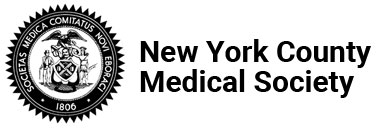The New York County Medical Society opposes liability expansion legislation:
New York's persistent ranking as one of the worst states for physicians (WalletHub’s 2024 “Best and Worst States for Doctors”) significantly contributes to the severe physician shortages and limited patient access to care. While legislators aim to address these access gaps, exorbitant medical liability costs pose a critical challenge.
Enacting legislation (A.9232/S.8485) that drastically increases damages in wrongful death actions will exacerbate this issue.
Governor Hochul has twice vetoed similar versions of this legislation. Her veto message appropriately highlighted the proposal’s “significant unintended consequences,” including its potential impact on community healthcare infrastructure. Due to the relentless advocacy of NYSCMS and MSSNY members, the attempt to insert this language into the NYS Budget was swiftly defeated.
This legislation has been superficially amended to slightly reduce its retroactive applicability. However, these minor adjustments do nothing to alter the introduction of new types of damages awardable under this bill. The cosmetic changes fail to mitigate the substantial adverse impact on our healthcare system. The core threat to the NYCMS membership and broader medical community in New York State remains unchanged.
Click here to contact your legislator and urge them to oppose this bill.






